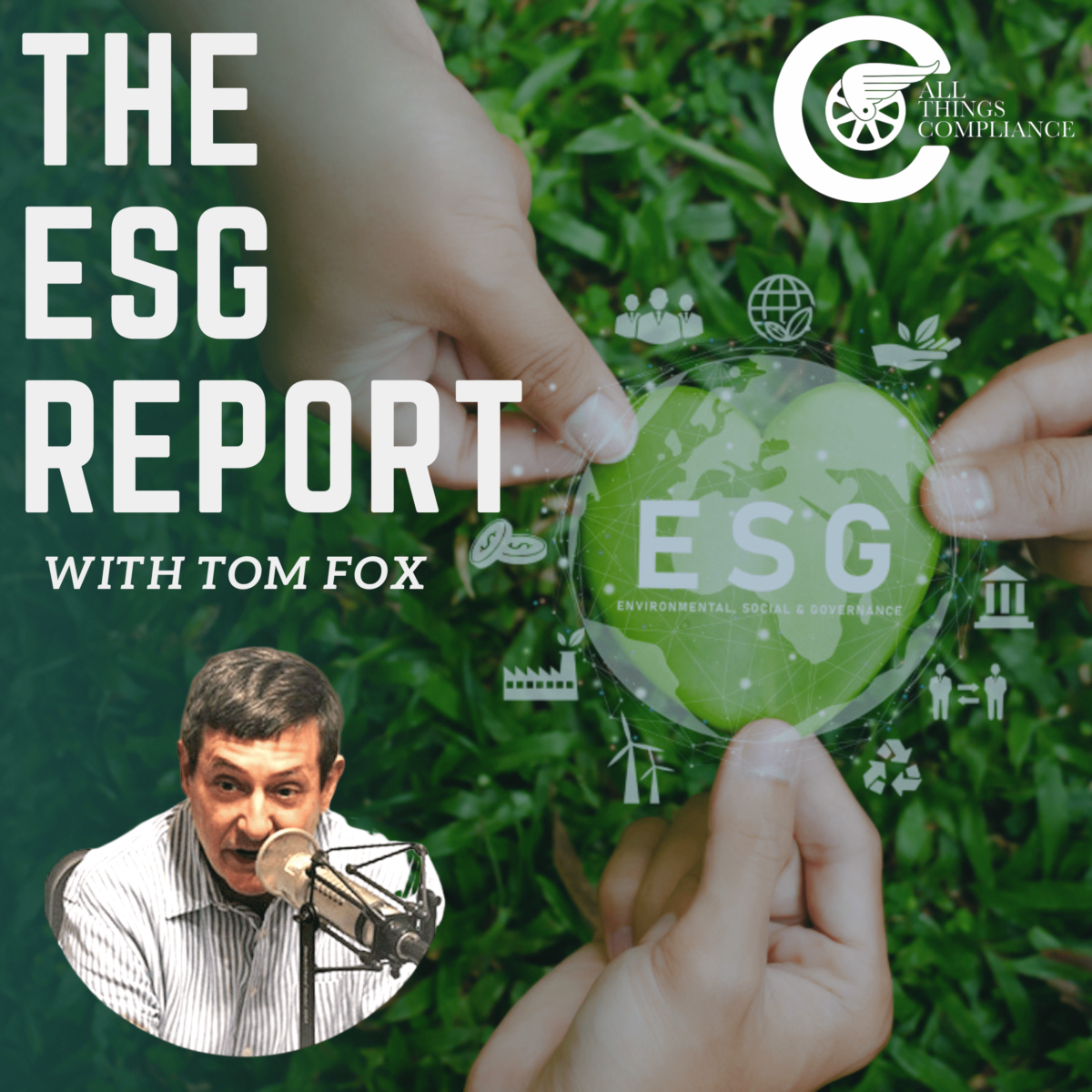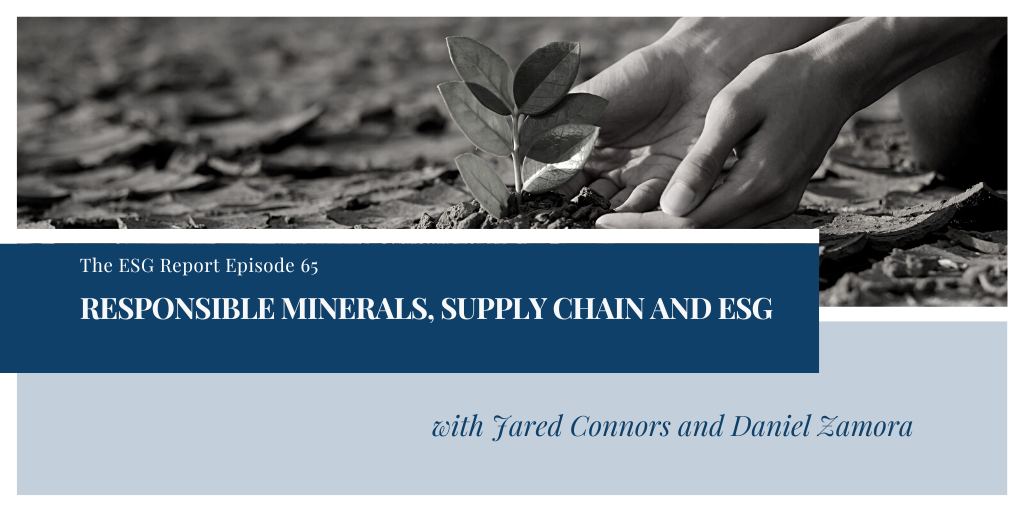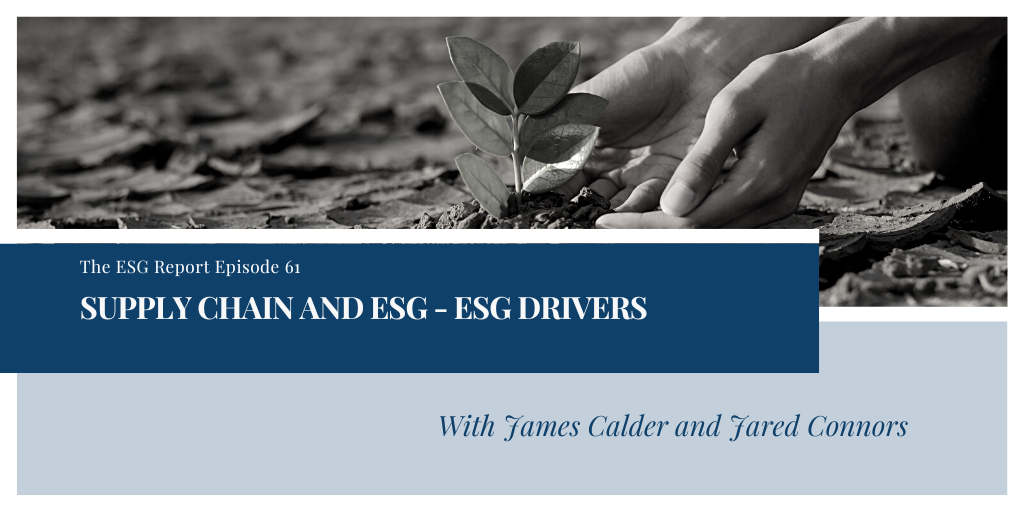I recently had the opportunity to visit with Cally Edgren, a Senior Director of the Regulatory Expert team at Assent, who has nearly three decades of experience in manufacturing and has dedicated her career to helping manufacturers comply with regulations. We took a deep dive into the next serious matter for product compliance, forever chemicals. Every compliance professional needs to be aware of this upcoming issue for product manufacturers.
PFAS chemicals, commonly known as ‘forever chemicals’, have been used in manufacturing for approximately 85 years due to their durability and resistance to water and oil. However, these chemicals have been linked to various health effects and have been detected in water supplies and soil contamination. As a result, regulators and litigators are focusing on incorporating PFAS chemicals into regulatory instruments and holding manufacturers accountable for their use.
States like Maine and Minnesota have taken proactive measures by implementing laws to restrict the use of PFAS chemicals. For instance, Maine has released a law that requires all manufacturers selling products in the state to register any PFAS use in those products and pay a fee for registration. By the year 2030, the state plans to ban the use of PFAS in all products sold unless it is deemed an essential use by the Maine Department of Environmental Protection. Minnesota has followed suit, with even more aggressive regulations, including a reporting rule in 2026, a full PFAS ban in 2032, and a prohibition on certain products containing PFAS starting in 2025.
Manufacturers now face the challenge of assessing their supply chain to ensure compliance and avoid potential disruptions. The discontinuation of PFAS production by major manufacturer 3M by the end of 2025 poses a significant risk for manufacturers, as it could lead to supply chain disruptions. It is crucial for manufacturers to consider the broader risks associated with PFAS contamination and take proactive measures to assess their supply chain and find alternative solutions.
The Toxic Substance Control Act (TOSCA) is the primary chemicals management regulation in the United States. Under TOSCA, a recent requirement calls for the creation of an inventory of PFAS use in the country. This inventory will provide valuable information for regulators and manufacturers to better understand the extent of PFAS usage and its potential impact on human health and the environment.
One of the challenges in addressing PFAS regulation is the limited availability of test methodologies. With tens of thousands of different PFAS chemicals, there are only test techniques available for approximately 50 to 60 of them, mostly restricted to drinking water testing. As a result, regulators, including the Environmental Protection Agency (EPA) and the state of Maine, suggest inquiring via the supply chain to determine if PFAS chemicals have been added to products. This approach involves asking suppliers about the presence of PFAS in the materials they sell and understanding the specific PFAS chemicals and concentrations involved.
The regulation of PFAS chemicals differs from previous materials regulations due to additional factors beyond regulatory compliance. Litigation and financial implications surrounding PFAS are growing concerns for manufacturers and companies. While litigation primarily targets the manufacturers of PFAS, it is starting to extend to companies that use these chemicals in their products. This shift in litigation poses a significant risk for manufacturers, as they may face legal consequences and reputational damage.
Considering the potential supply chain disruptions and litigation risks, manufacturers cannot solely rely on assessing the impact of regulations. Waiting to see how regulations unfold may ignore the bigger risk of supply chain disruptions caused by the discontinuation of PFAS production. Manufacturers must take a broader approach to assess the impact of PFAS, considering the potential disruptions to their operations and the availability of alternative materials.
The regulation and impact of PFAS ‘forever chemicals’ in manufacturing require a careful balance of various factors. While the health concerns associated with PFAS chemicals are significant, manufacturers must also consider the potential disruptions to their supply chain and the financial implications of litigation. By proactively assessing their supply chain, exploring alternative materials, and staying informed about evolving regulations, manufacturers can navigate the challenges and make informed decisions that prioritize both human health and operational sustainability.








